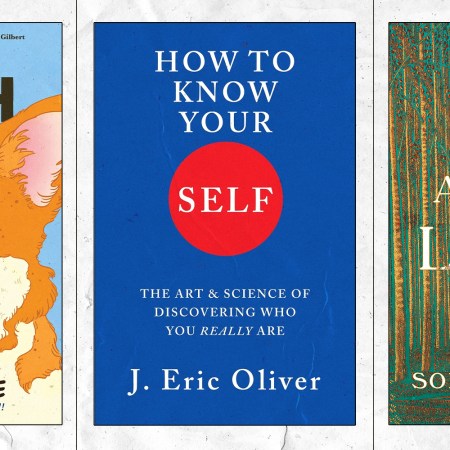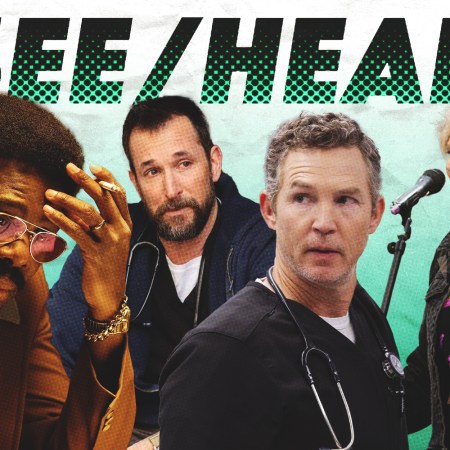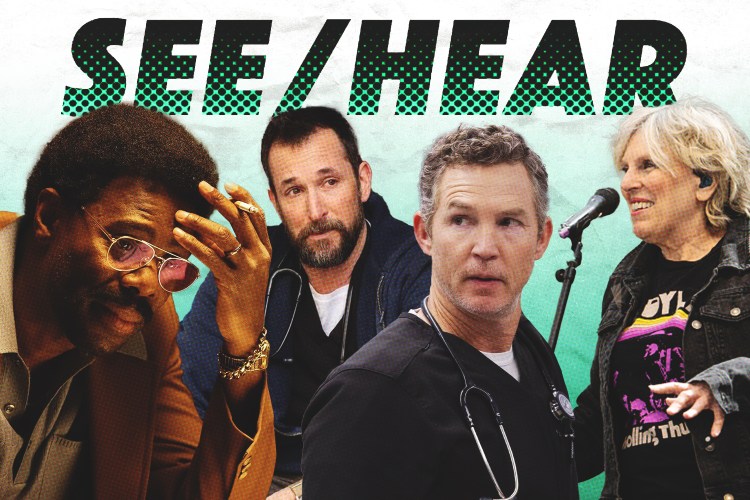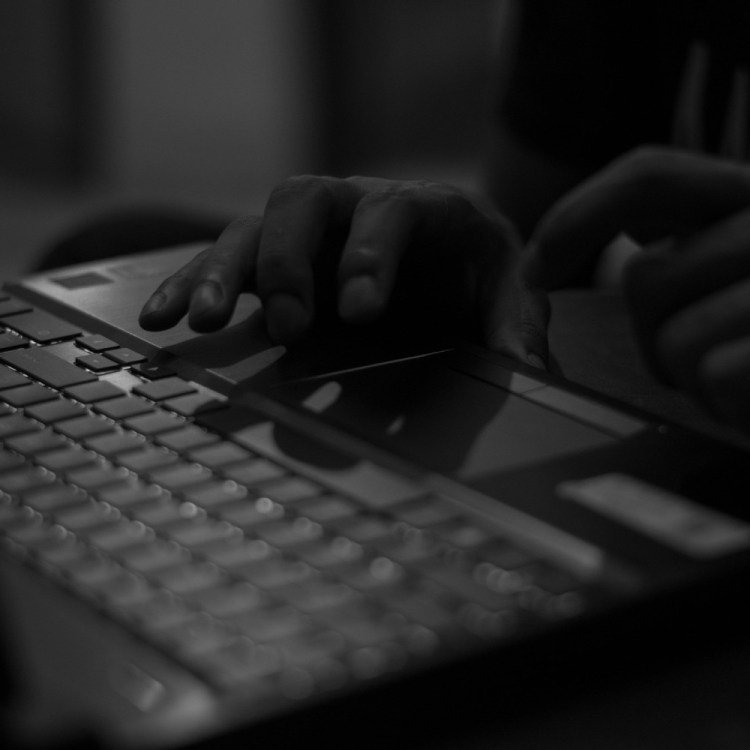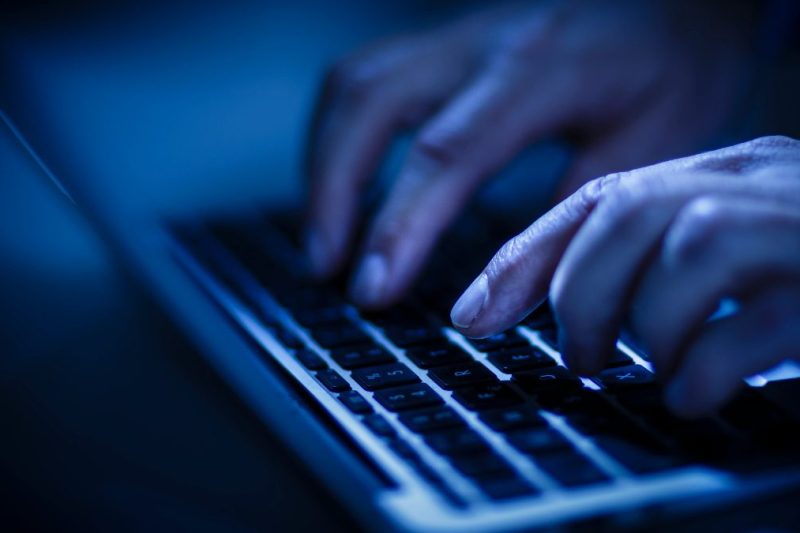
In the wake of a rash of major website hacks, and with malicious hackers in possession of NSA hacking tools, ensuring one’s cybersecurity is more important than ever. And if you’re one of those people who doesn’t know where to start, Freecodecamp’s Quincy Larson laid out some solid groundwork for encrypting your life.
Writing for Medium, Larson starts by establishing some fairly reasonable operational definitions of the terms “attacker” and “security,” since it’s easy to sound overly paranoid when discussing this subject. “As long as your phone, computers, and accounts are sufficiently protected,” he says, “their contents will remain an “encrypted lump,” and there’s not much anyone — regardless of how powerful they are — can do about it.”
As it turns out, some of Larson’s suggestions are really easy to accomplish. For starters, he recommends using Gmail’s two-factor authentication (which you’ll recognize as that annoying landing screen asking for your cell phone number) and Windows’ built-in, full-disk encryption. Both of those services are quick to activate and are already available to us, so those are no-brainers.
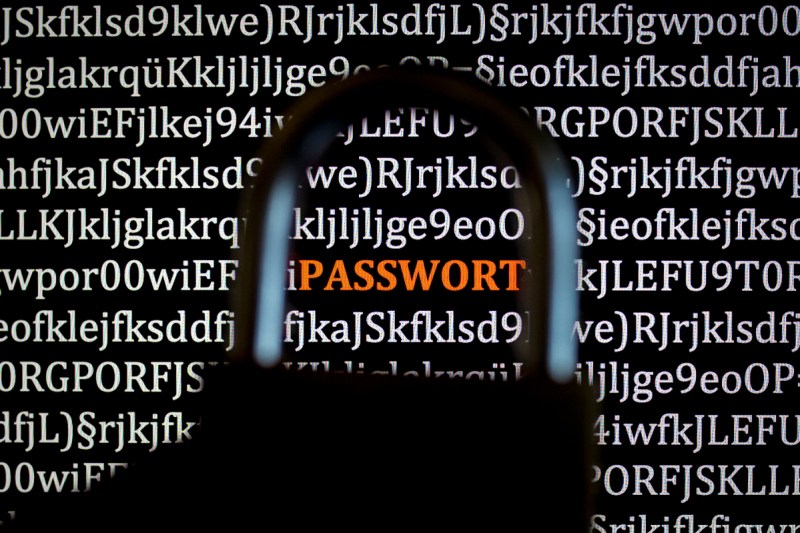
Password management is a major point of failure for cybersecurity, so Larson says to use different passwords for everything, and to change them on a regular schedule. Password manager programs make this process much less annoying.
For texting, Larsen recommends Signal, which is an encrypted service, and The New York Times recommended WhatsApp for similar reasons. Signal’s encryption feature works for phone calls as well.
It sounds like a lot, but as cyberattacks become more sophisticated, some extra precautions are necessary to keep our data, and ourselves, safe.
This article appeared in an InsideHook newsletter. Sign up for free to get more on travel, wellness, style, drinking, and culture.







